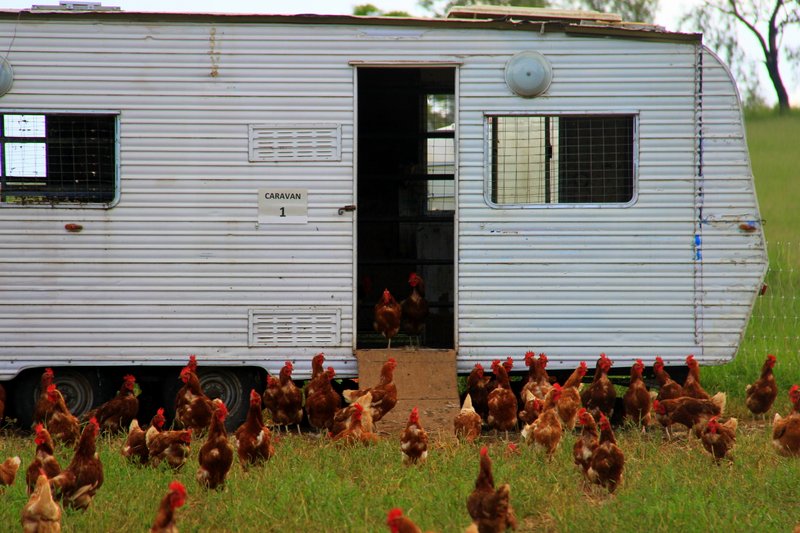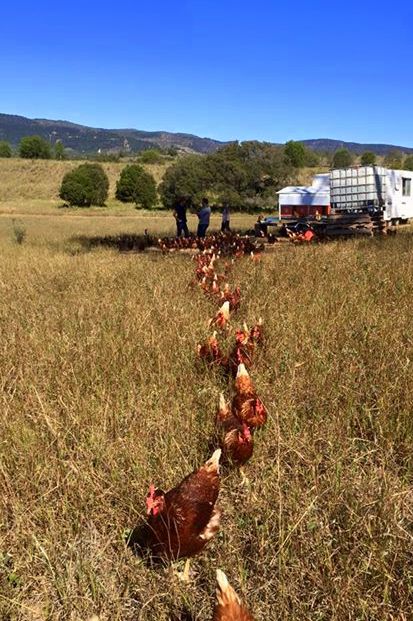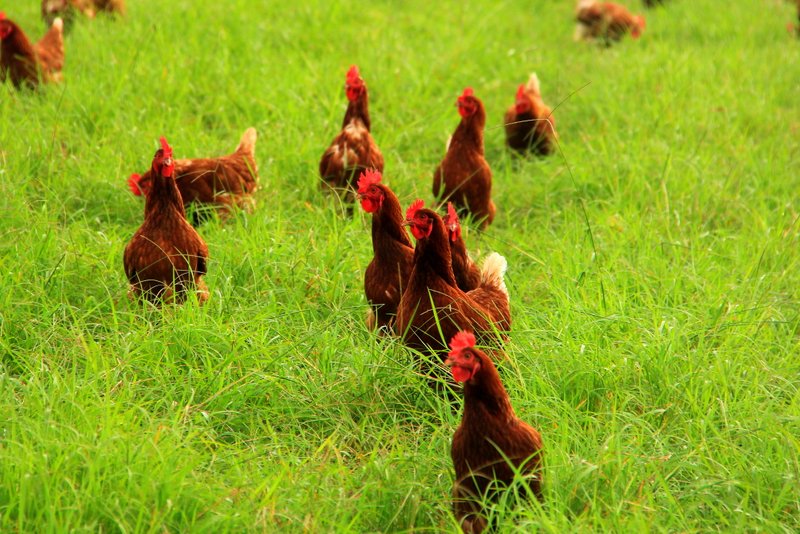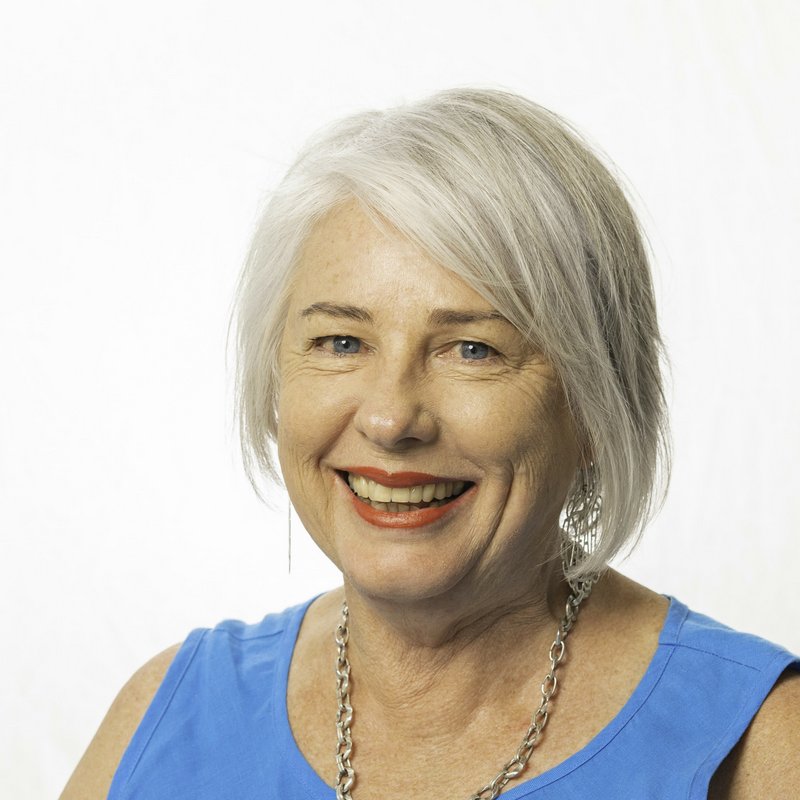How do your eggs roll? Do you like pasture-raised eggs from pastured hens who live in chicken caravans free to roam with ethical farming?
While cage and barn raised egg production conditions are somewhat understood, there’s a lot of confusion about the terms free range, pasture-raised, pastured and the concept of ethical farming.
Those who eat with an ethical conscience would only consider pasture-raised eggs which come from pastured hens as something they can eat and enjoy, although eggs are not on the menu for vegans and vegetarians.
If you don’t know the conditions for cage, barn or free range chickens, I have included some information at the end of the article.
Pasture-raised eggs
I had a chat to Bronwyn Neuendorf from 9Dorf Farms at Lilydale, just outside Brisbane, about the way they produce eggs and is quite a surprising process. The Neuendorf family have been farming in the Lockyer Valley since 1918.
As well as poultry, they have an aquaculture facility that produces Jade perch, Barramundi and Murray Cod. They also produce lucerne and fodder crops.
“We believe that food should be produced as naturally as possible, grazing our animals in a free-range rotational system, which we call pasture-raised.
“This allows the chickens to roam and scratch in the grass while enjoying the fresh air and sunshine

Chicken caravans
9Dorf has four chicken caravans which house 1200 pastured hens. They bought old caravans and converted them to house the chickens as Bronwyn says a new chicken caravan can cost $20,000.
“That’s a lot of money to get back from selling eggs.”
The caravans are rotated every four to six weeks and protected by an electric netting fence. It takes four people a whole day to move the netting to a new area following the cow herd around the farm.
The chickens roost in the caravans overnight and are free to range during the day doing what chooks love to do. That’s scratching and eating insects in the grass. They also have grain to eat.
“The eggs taste completely different as the hens have full access to grass, fresh air and lots of vitamin D,” says Bronwyn.
It’s a labour-intensive process that operates seven days a week. There are no days off for egg farmers.
All this is reflected in the price of the eggs which start at about $8 a dozen if you buy direct from the farmer at the farm gate or at a market. Purchase pastured eggs from a shop or butcher, and you will pay anything from $13 to $16 a dozen. Don’t bother looking for these eggs in supermarkets, they are a speciality item.
When the hens reach about two years old, their egg laying productivity starts to decrease. That’s when 9Dorf sell their hens as backyard layers. There are plenty of takers for their quality hens, and all are rehomed says Bronwyn.
9Dorf eggs are available from Fat Cow Gourmet Meats Kenmore, Boutique Meats Kitchen Kenmore, Terry White Lutwyche, Payne’s Meats Toowoomba. Conroys Fine Meats Paddington, The Pantry on Grey South Brisbane and Schulte’s Meat Tavern Plainlands.

Where else can you buy ethical eggs?
In Brisbane, you can also source eggs from Eggcettera at Talgai. Eggcettera provides eight square metres for each hen and moves them onto fresh pasture weekly to ensure happy and healthy birds.
Tamborine Mountain Free Range Eggs also produces eggs from pasture-raised hens. Their small flocks live in movable caravans and are not locked up but are protected by electric netting and a Maremma guard dog.
Bunya Grove Produce in the Mary Valley sells its pasture-raised eggs at the Noosa Farmers Market each Sunday. They also sell duck eggs when the ducks are laying and pastured meat chickens, pastured pork and pastured beef.
If you know of other ethical egg producers around Brisbane, please leave a comment below.

What we don’t talk about with eggs
There’s no getting away from the fact that only hens lay eggs, but obviously, chicks are born in both sexes. What happens to the boys? Well, it’s not pretty, but those boy chicks have a very short life. Chickens are sexed and divided into males and females when they are one day old. Male chicks bred from layer hens are not suitable for chicken meat as they don’t have the right body type. The males are killed in a method that the industry believes is humane. It’s a short life and a quick death, but obviously, there is some suffering. This is one of the reasons vegans don’t eat eggs.
Female chicks remain in the hatchery until they are the right size to be transferred to a laying facility. There are reports that Australian scientists are working on methods to identify male chicks in eggs and “dispose” of them before they’re even born. This would be a more humane method.
How to find real free-range eggs
While free-range is still a compromise when it comes to happy hens, it is a step in the right direction. You can cut through a complicated packaging message that makes it hard to work out which companies are kindest to their eggs by using the CluckAR – Augmented Reality Free Range Egg Detector developed by CHOICE.
The CSIRO Model Code recommends that layer hens are stocked at a maximum density of 1,500 per hectare. This means hens may be able to scratch, peck, move around, and perhaps enjoy the outdoors. There’s a big difference from other “free range” eggs from farms stocked as densely as 10,000 hens per hectare.
If you want to know more about your eggs before you buy, download and then open the CluckAR app on your smartphone. When you point your smartphone camera at a carton in the supermarket, it shows you which brands are selling the most hen-friendly eggs or those that don’t pass the test.
Then you’ll know if it is worth spending the money on this product.
Results can range from ‘5 stars would lay again’, to ‘fer clucksake’ or ‘eggsploited’!
Caged, barn or free range – what does that mean?
Caged, also known as battery hens, are confined to small wire cages in which they are unable to perform most of their natural behaviours. They live row after row in large sheds with thousands, or even hundreds of thousands, of other hens. There are 11 to 12 million ‘battery’ hens in Australia.
Barn-laid eggs come from hens living in large barns on floor systems usually in an open barn. The hens on the floor have access to nest boxes where they can lay their eggs. RSPCA Approved Farming Scheme standards require that hens in a barn-laid egg production system have nest boxes for laying eggs, roosting perches, objects to peck at, and litter for scratching, foraging and dust bathing.
Want to know more about eating ethically?
Here are some tips on how to dine ethically in restaurants and cafes, and eating Australian fish,

Echo Valley Farms, Forest Springs Goomburra Rd, Goomburra.
Thanks for commenting Chris. Would you be able to explain what is not correct?
Hi. I work in the egg industry and have a good understanding of the key decision factors consumers use when purchasing eggs.
Can I recommend you visit a cage, barn and free range farm (even the 10000 hens per hectare free range) to see what care the farmers have for their hens. I’m sure you’ll change your opinion on what eggs you purchase.
Some of the information you spoke about in your article are not actually correct.
Cheers